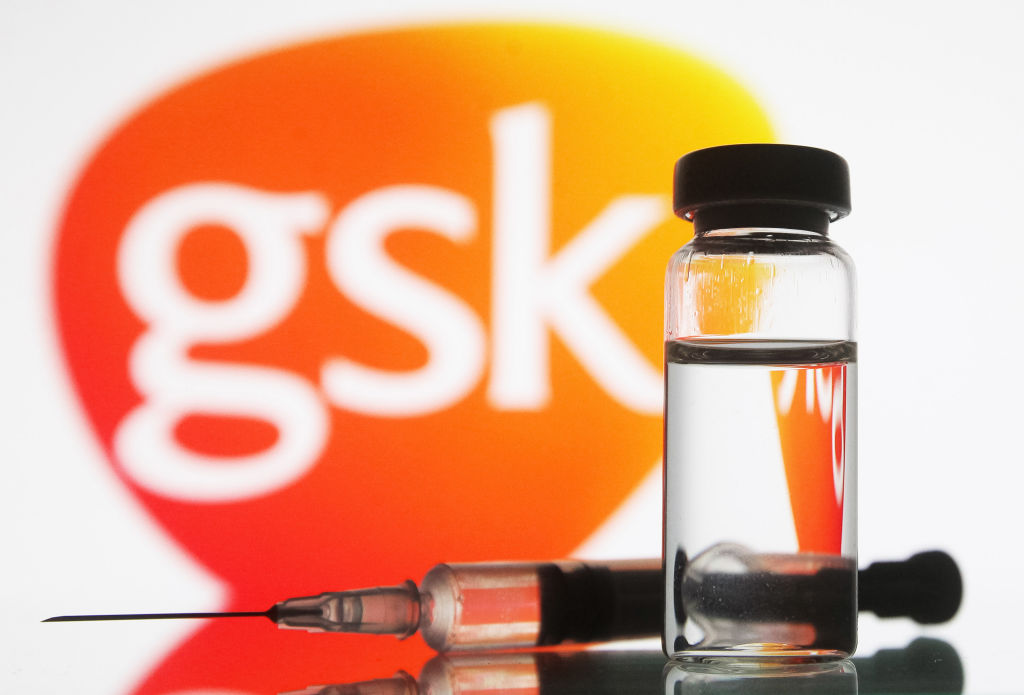GSK shareholders prepare to vote on biggest change in 20 years
5th July 2022 17:10
by Keith Bowman from interactive investor
GlaxoSmithKline shares have significantly underperformed rival AstraZeneca over the last five years. Will this major corporate change swing the odds in Glaxo’s favour?

Drugmaker GSK (LSE:GSK) is seeking the go-ahead to demerge its consumer healthcare business, to be called Haleon, at a shareholder vote on Wednesday 6 July.
The event at a Heathrow Airport hotel is considered a foregone conclusion, paving the way for separate share listings of both GSK and Haleon on Monday 18 July. Management reckons the proposed demerger is the company’s most significant corporate change in the last 20 years.
It comes four years after GSK paid $13 billion (£9.2 billion) for Novartis’ 36.5% stake in their consumer healthcare joint venture.
The terms
Following completion of the demerger and stock market listing of Haleon shares, a consolidation of GSK’s shares will take place to try and keep their price similar to that before the separation. Qualifying GSK shareholders will be entitled to receive one Haleon share for each GSK share held.
- 15 cheap shares value fund managers are backing
- FTSE 100 round-up: Unilever, GSK, BP and Shell in spotlight
Haleon is currently part owned by fellow drugs giant Pfizer, with Pfizer planning to keep its 32% stake in the consumer healthcare business. It is expected that Haleon will carry a chunk of the existing GSK's debt, although it is as yet unclear precisely how much.
The new companies
Post separation, Haleon will be a major healthcare company offering a portfolio of leading brands such as Sensodyne, Aquafresh, Pandadol and Nicorette, generating expected medium-term annual organic revenue growth of between 4% and 6%.
GSK, which changed its name officially from GlaxoSmithKline mid May, will focus on making and selling biopharmaceuticals, prioritising investment towards development of vaccines and specialty medicines. It’s targeting compound annual growth in sales and adjusted operating profit of more than 5% and 10% respectively at constant exchange rates.
Earlier this year, GSK strengthened its drug growth potential when it bought late-stage developer of cancer treatments Sierra Oncology for $1.9 billion (£1.5 billion). The recent purchase of Affinivax for as much as $3.3 billion also boosts GSK’s vaccines pipeline.
Hiring a top exec from arch rival AstraZeneca (LSE:AZN), which has been successfully growing its cancer related treatments, is also a shrewd move.
The dividend
On the downside for investors, and lacking some of the predictability which consumer healthcare sales bring, GSK has already cut its dividend. Its first quarter payout of 14p per share, and paid to qualifying shareholders on 1 July, was down from the 19p per share in the first quarter last year.
The new GSK expects to pay a dividend of 45p per share for 2023. That’s down on the 80p a share paid over each of the last five years, although it excludes any dividends from Haleon, which expects to return 30-50% of its earnings to shareholders.
Scheduled results
GSK’s second-quarter results are scheduled for 27 July when the consumer healthcare business will be treated as a discontinued operation. Haleon will also provide a trading update, coming ahead of its interim results scheduled for September.
What next?
For the standalone GSK, and much like its drug maker rivals, future success will largely depend on innovation. The demerger of the drugs and healthcare businesses will leave both sets of management more focused.
It should also make either company more easily digestible takeover targets should there be another round of sector consolidation. The consumer health business has already attracted interest from potential suitors, including Unilever (LSE:ULVR), which had a £50 billion offer rejected late last year.
These articles are provided for information purposes only. Occasionally, an opinion about whether to buy or sell a specific investment may be provided by third parties. The content is not intended to be a personal recommendation to buy or sell any financial instrument or product, or to adopt any investment strategy as it is not provided based on an assessment of your investing knowledge and experience, your financial situation or your investment objectives. The value of your investments, and the income derived from them, may go down as well as up. You may not get back all the money that you invest. The investments referred to in this article may not be suitable for all investors, and if in doubt, an investor should seek advice from a qualified investment adviser.
Full performance can be found on the company or index summary page on the interactive investor website. Simply click on the company's or index name highlighted in the article.